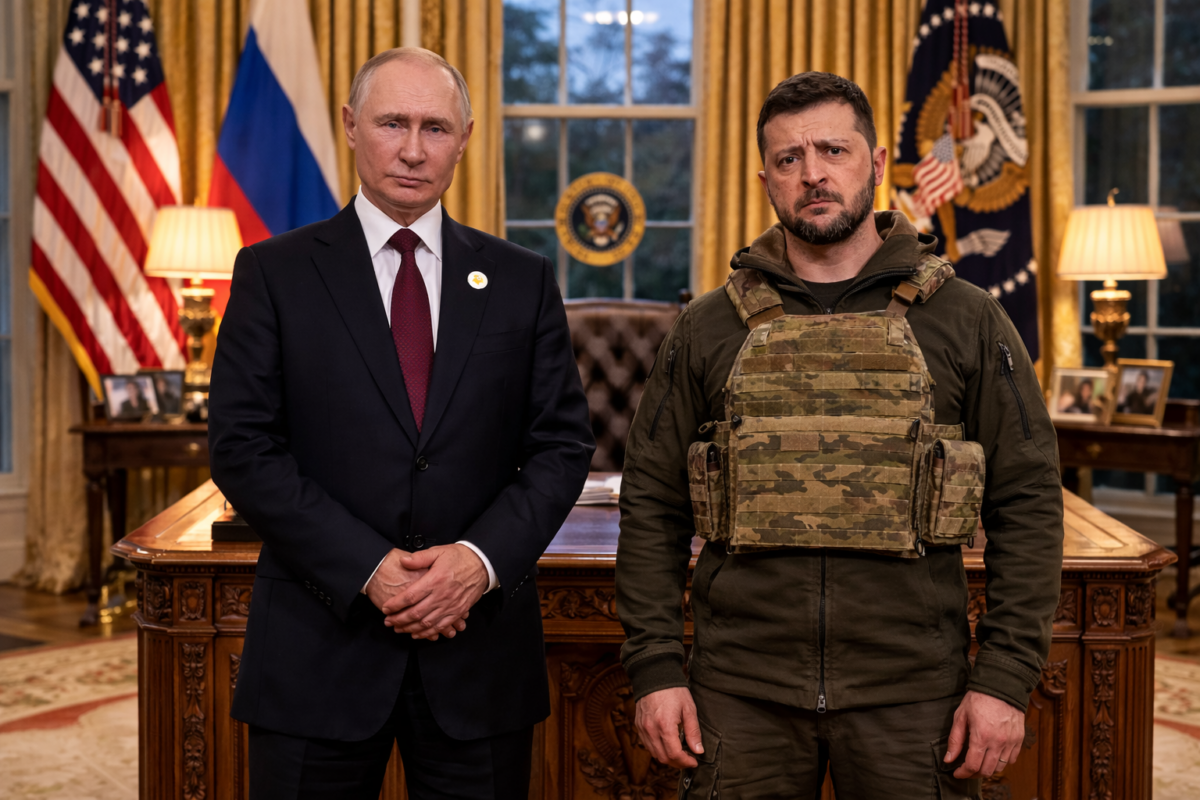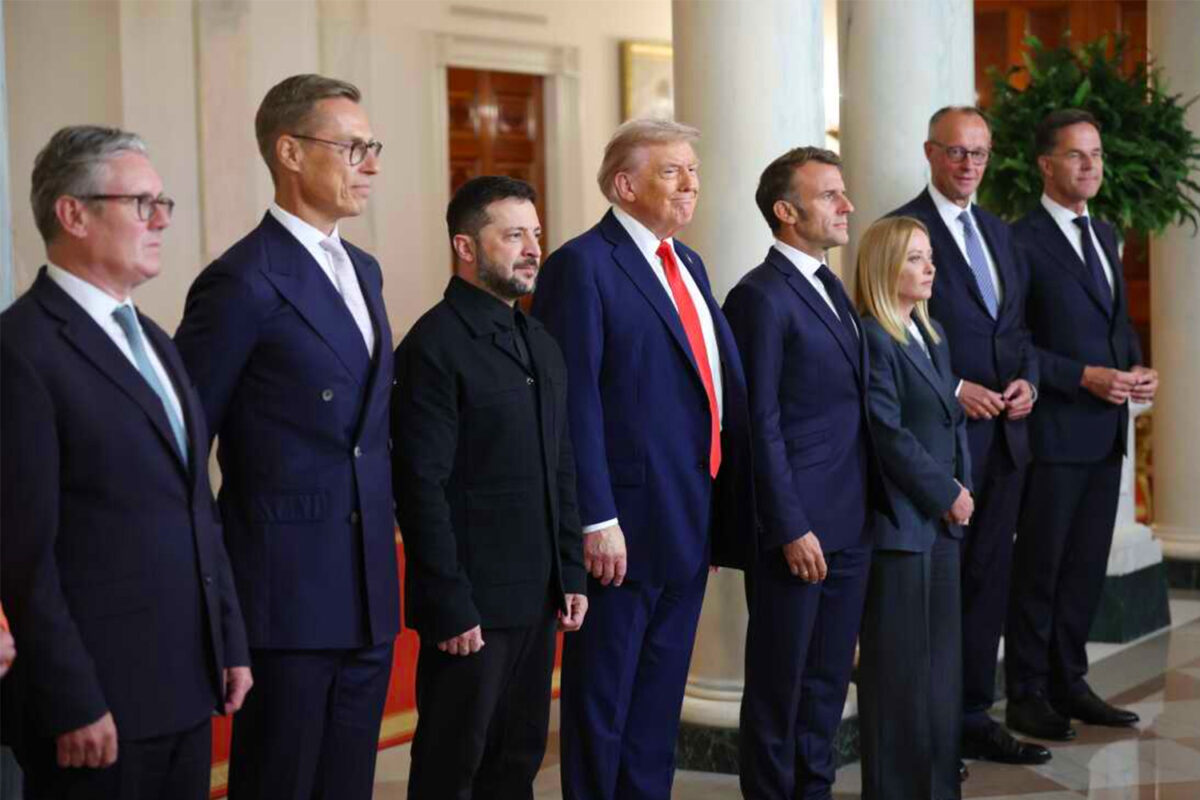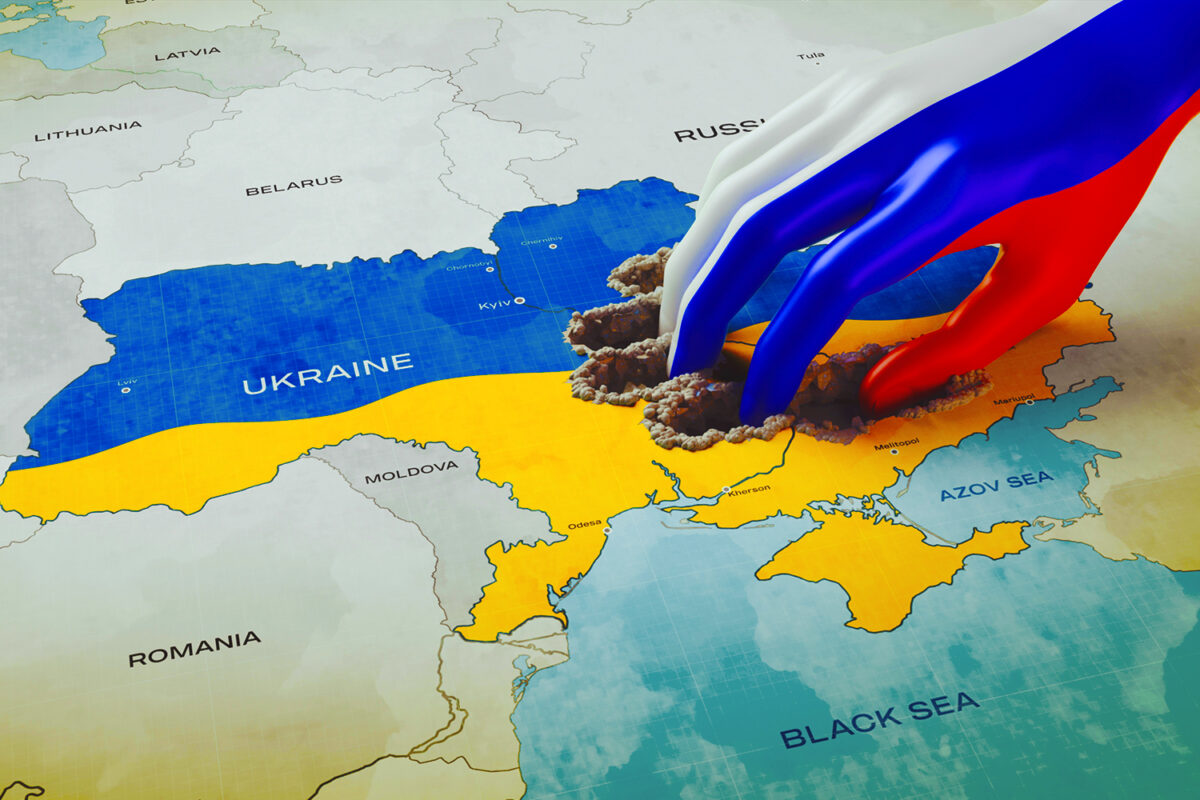The death of Russian dissident Alexei Navalny has gained considerable media attention in the West. Western officials cannot name any of the 30,000 dead in Gaza over the last 4 months but seem to know everything about Navalny, his family, his political message and what he stood for. Alexei Navalny achieved global fame due to his opposition to the Putin regime and he received significant support from the West for reforming and liberalising Russia. But Navalny and the non-systemic opposition posed little threat to the security class that dominated Russia. His death, despite western coverage, will do little to alter this.
Vladimir Putin came to power in 1999 and he came to power when Russia was in the midst of its worst crisis. The collapse of the Soviet Union saw the country torn apart and Russia suffered from a decade of suppression as oligarchs, the mafia and western leaning liberals fought over the country. The last decade of the Soviet Union was also a miserable one for many Russians as poverty and long queues for food and goods only got worse.
Whilst the Soviet Union promised a utopia, Putin promised to remake Russia, turn it into a prosperous country and a world leader in the 21st century. This was to be achieved by converting the Russian economy into a modern economy. Russia was at the beginning of the 21st century dependent on energy exports for its economy but the price of fossil fuels was not set by Russia and was therefore out of its control. Attempts to diversify the economy all failed and today Russia’s economy is the same size as it was in 2008. To make things worse, today, Russia’s economy is more dependent on energy for its economy than the Soviet Union was.
The social contract between Putin and the Russian people was making Russia rich and whilst the Russian presence in Syria and Libya gave Russia global respect, the lives of Russians did not change. Poverty remains over 17 million and much of the country’s industries and big businesses are in the hands of those loyal to Putin. With much of the economy beyond the reach of most citizens, opposition steadily grew against Putin from the young to the middle aged. The Kremlin’s support base was for long within the older segment of the population who experienced the last decade of the Soviet Union and the decade of chaos in the 1990’s and welcomed Putin’s centralisation to deal with the oligarchs and to stop the rot. But with the economy struggling in 2018 the Russian retirement age was increased in order to cut spending on pensions.
Russia’s previous rulers all resorted to using the secret police and suppression to maintain control. With opposition growing to Putin due to decades of failed promises, the familiar story of cracking down on dissent and all opposition, once again began.
A Security Service with its own State
Russia has since 1999 been dominated by a security class who dominate the country’s security, military, industry and key business sectors. It is these levers of power that have allowed this small cabal of Russian nationalists to dominate Russia and direct the country to dominate its periphery and be recognised as a world power.
Domestically, Russia United, the ruling party, had kept the presidency and regime to itself, winning successive elections. The legislative branch and State Duma are elected on the basis of proportional representation with the threshold for entering the Duma set at 5% of the total vote. As a result, there are only around 5 parties that sit in opposition with the ruling party usually taking 75% of the Duma.
Russia has since 1999 been dominated by a security class who dominate the country’s security, military, industry and key business sectors
The opposition parties are a mixture of parties that have a long history whilst others are fairly new. The opposition in the Duma have always been pro-regime and usually rubber stamp the ruling parties’ policies. This opposition has small bases of support but their numbers are altogether small. Even if they coordinate their actions in the Duma, United Russia’s successive majority guarantees the passage of any measures.
There is then the non-systemic opposition that has no representation in the Duma. Major political parties considered to be part of the non-systemic opposition included Yabloko and the People’s Freedom Party along with the unregistered party Russia of the Future and Libertarian Party of Russia. This opposition ranges from liberals to socialists to nationalists and monarchists. What unifies them is their opposition to Putin and corruption of the regime.
With the security class acting as a deep state using the country’s resources using the public tools by the opposition has been virtually impossible. Street protests and social media have been the only avenues to challenge Putin’s grip and United Russia’s dominance of the state.
Alexei Navalny
Alexei Navalny, born in 1976 became politically active in 2000 when the threshold to enter the Duma was increased. Navalny joined the Russian United Democratic Party Yabloko, but recognised the law was stacked against Yabloko and the Union of Right Forces, but he decided to join anyway.
prisoners sent to Siberia are sent there to never return
It was the 2011 parliamentary elections where Navalny’s popularity grew as he organised and led demonstrations against the elections due to fraud. Navalny was imprisoned for 15 days with 300 other activists for defying a government official. The arrest and subsequent release transformed Navalny from a blogger to political activist.
At the end of 2011, he helped lead a demonstration, estimated at 50,000 people, which was much larger than the previous post-election demonstration. Speaking to the crowd, he said: “I see enough people to take the Kremlin right now.”[1] Navalny stood for the Moscow mayoral elections in 2013 and subsequent parliamentary elections as well as a number of municipal elections and used the platforms to target corrupt officials and the ruling party. Though he was never successful, these campaigns built his profile for being an organised activist that could make life difficult for officials who were aligned with the ruling party.
Navalny established various offices and branches across Russia, especially in areas of Russia which had fallen into disrepair after the collapse of the Soviet Union. The People’s Alliance was established in 2012, which was an alliance of various centrist parties. It was this network that allowed Navalny and his supporters to undertake large protests later.
Navalny came to global prominence when he nearly died in August 2020 when he was attacked with a Novichok nerve agent in Siberia. Navalny’s team had him flown to Berlin where he eventually recovered. This was a desperate move from the Kremlin against an activist who had not made any critical inroads against Putin. But with large protests taking place in 2020 in Khabarovsk in Russia’s Far East seemed to worry the authorities.
Navalny may have been a rising star, but he was far from being a figure with widespread support that could bring down Putin. The poisoning of opponents has usually been a tactic reserved for former KGB agents who become dissidents in Europe. Observing the protests against President Alexander Lukashenko in Belarus due to his disputed electoral victory, Putin may have seen Navalny as the only person capable of pulling off similar protests in Russia due to his network of offices across Russia.
Navalny may have been a rising star, but he was far from being a figure with widespread support that could bring down Putin
Navalny returned to Russia on the 17th January 2021 and was immediately detained and then charged with breaching the parole terms of his suspended sentence. This suspended sentence was replaced with a prison sentence, requiring Navalny to remain in prison for two and a half years.
Soon after Navalny’s arrest his group released a video that showed a palace that allegedly belonged to Putin. The western media gave this significant coverage leading to the views of the video to exceed 85 million hits. This led to mass protests across Russia including cities that had never had protests before. The protests were overwhelmingly from the youth, who were not around when Putin salvaged the country in the early 2000s.
Cracking down on Dissent
The history of crackdown on Navalny and wider dissent shows the Kremlin’s methodical resolve to use all levers of its power to crack down on dissent. Dissent in this case is anything against Putin’s policies and his worldview. The imprisonment of Navalny formed part of the Kremlin’s crackdown on the ‘non-systemic’ opposition forces, of which Navalny was the leader. But Navalny and much of his organisation failed to make any gains in the 2021 Duma elections and were increasingly marginalised.
Navalny and much of the ‘non-systemic’ opposition received significant support from the West, but they had failed to tip the balance in the favour of the opposition. The ‘non-systemic’ opposition have shown they can organise large protests in order to undermine the grip of Putin. However, without the broader support from other sections of society as well as support from the industrial, security or the economic players, Navalny was a problem, but not one that could impact Putin and the security establishment.
Navalny died in prison in western Siberia on the 16th February. It was unlikely he was going to return as prisoners sent to Siberia are sent there to never return. The West continues to invest in dissidents and opposition to the Putin regime as well as the repeated cycles of protests, attempting to undermine the regime from within. But for the moment, dissidents like Navalny have a system that’s stacked against them.
[1] Huge protest demanding fair Russian elections hits Moscow, The Christian Science, 24 December 2011, https://www.csmonitor.com/World/Europe/2011/1224/Huge-protest-demanding-fair-Russian-elections-hits-Moscow




